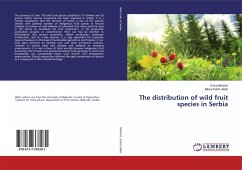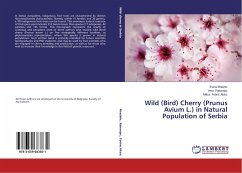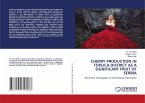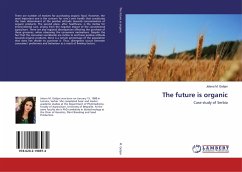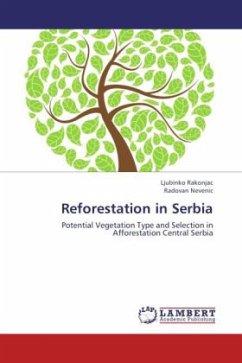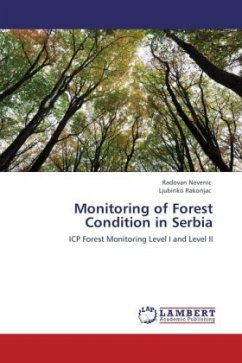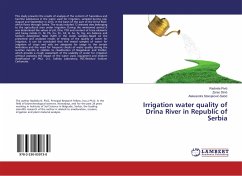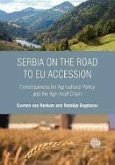The presence of over 100 wild fruit species classified in 15 families and 26 genera within natural ecosystems has been reported in Serbia. It is a realistic assumption that the territory of Serbia is one of the genetic centers with greatest number of indigenous fruit species in natural habitats. A number of wild relatives of cultivated fruit trees could be used in the future as rootstocks for fruit production, or for large-scale production (organic or conventional). Their use may be directed to afforestation and erosion prevention, timber production, landscape architecture, and as a bee pasture. It is also important for economic reasons because it is the basis of sustainable agriculture and forestry. It can help plant breeders to develop new and more productive cultivars, resistant to various pests and diseases and adapted to changing environments. It is also a basis of food security because indigenous fruit harvesting from forests and semi-domesticated trees growing on-farm and homesteads can substantially boost rural income and employment opportunities. Ethical reasons are reflected through conservation of species as a component of the national heritage.

